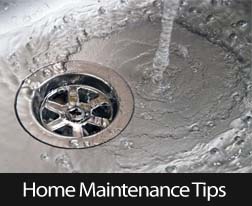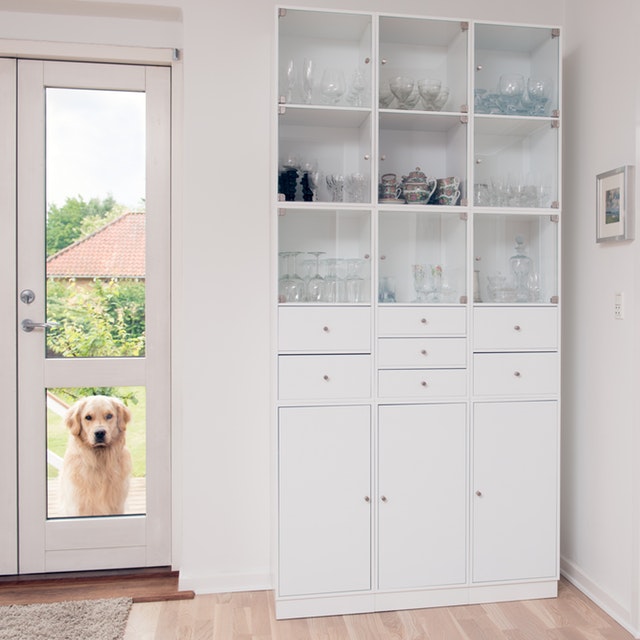3 Tips To Get The Most Out Of Your Plumbing
 Everyone wants their pipes to last as long as possible, but there are a couple of simple problems that might be sucking the life out of your plumbing. Long-term stress is the enemy when it comes to your water system.
Everyone wants their pipes to last as long as possible, but there are a couple of simple problems that might be sucking the life out of your plumbing. Long-term stress is the enemy when it comes to your water system.
The three most common enemies are high water pressure, mineral-laden hard water, and grease. Avoid these three mistakes, and your water system will last years longer.
Take The Pressure Off Your Pipes
You might enjoy high water pressure when you’re taking a shower, but your pipes aren’t enjoying it at all. Over time, this high pressure stresses your plumbing system and can lead to leaks.
Is your high-pressure shower worth an expensive plumbing leak? To test your water pressure, you’ll have to hire a professional. Proper pressure should be somewhere between forty and eighty pounds per square inch.
To have a plumber reduce your water pressure should cost no more than about three or four hundred dollars. That sounds expensive, but it’s a lot cheaper than a leak.
Soft Water Is Good Water
If your water has a lot of minerals dissolved it, then it’s known as hard water. If you don’t already have a water softener you should consider it, because over time, those minerals will build up in your plumbing.
Eventually this will lead to a leak, so nip the problem in the bud, and look into getting a water softener. A good water softener should cost around five hundred dollars.
Hard water also makes soaps and detergents less effective. Soft water will get your clothes, your dishes, and even your hair cleaner.
Cease The Grease
Don’t ever pour cooking grease down the drain. It might be liquid when you pour it, but after a while, it will cool and solidify in your pipes. This won’t break the plumbing and cause a leak, but it will clog it all up.
The water that goes down afterward won’t do anything to wash away the sticky grease. You don’t want your pipes backing up, trust me. That is one messy problem.
Instead pour your grease into containers and throw it away in the garbage. Even better, go ahead and save it in the pantry and cook with it later.
Indoor plumbing is one of the most convenient technologies we have. So don’t take it for granted. Take care of your plumbing, and get the most out of it.
Avoid excessive water pressure, get a water softener, and don’t pour any grease down the drain. A little care now will go a long way. No one wants to deal with a plumbing leak. They’re expensive and a huge hassle.
 Houseplants are great for decorating. They can brighten up any room. Plus, houseplants can increase the air quality in a room. That makes you happier, healthier and reduces stress.
Houseplants are great for decorating. They can brighten up any room. Plus, houseplants can increase the air quality in a room. That makes you happier, healthier and reduces stress. Did you realize that only around 17 percent of the homes in the United States have a security system? Leaving your residence unprotected can come back to haunt you in the future.
Did you realize that only around 17 percent of the homes in the United States have a security system? Leaving your residence unprotected can come back to haunt you in the future.